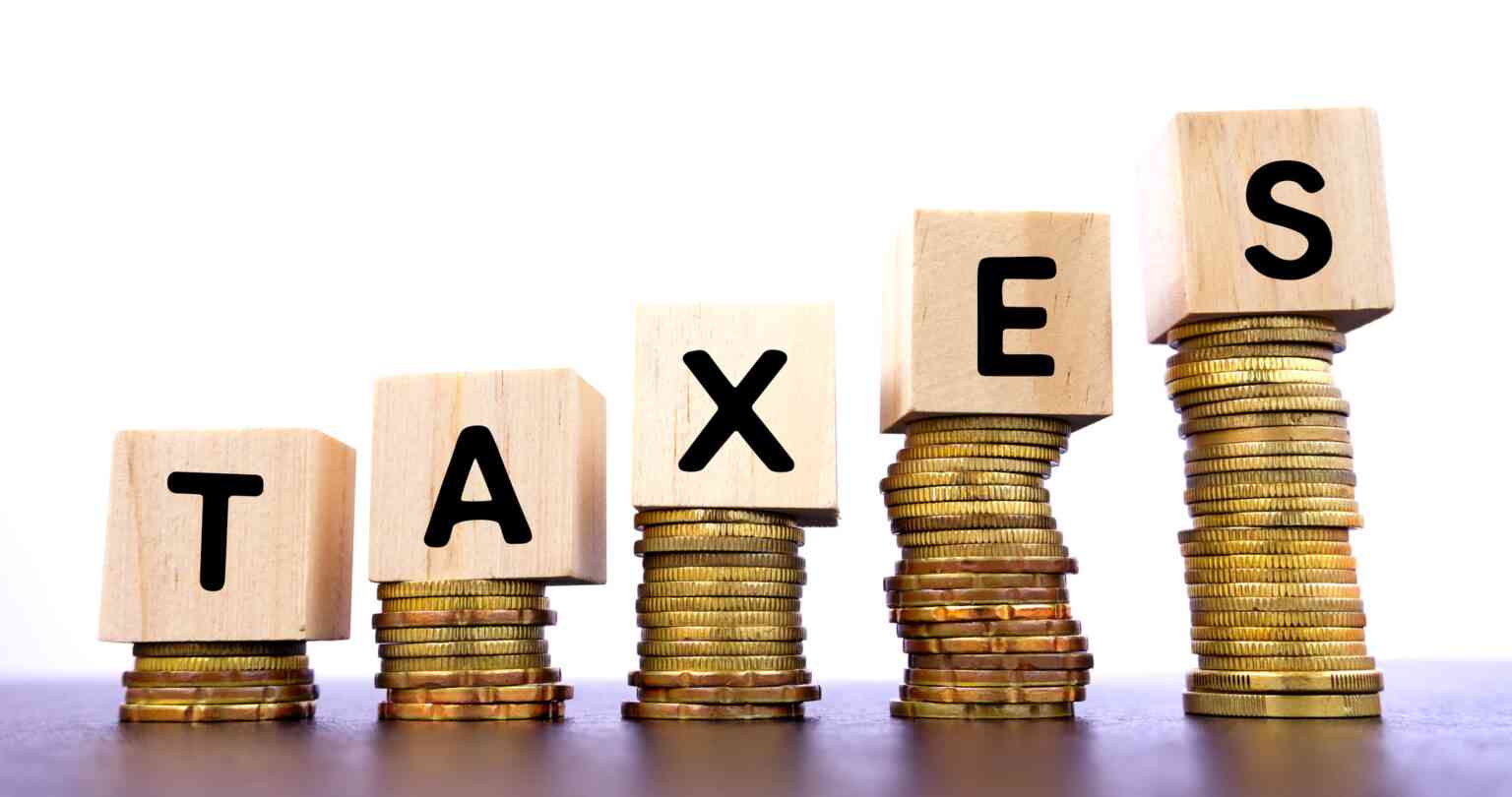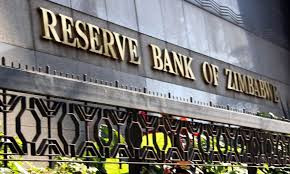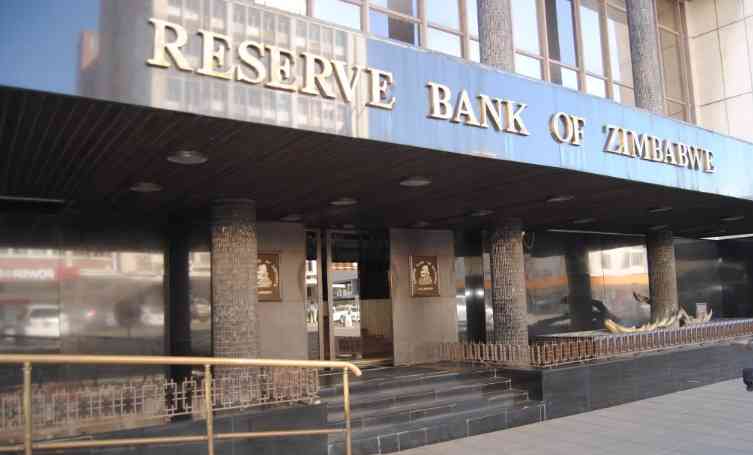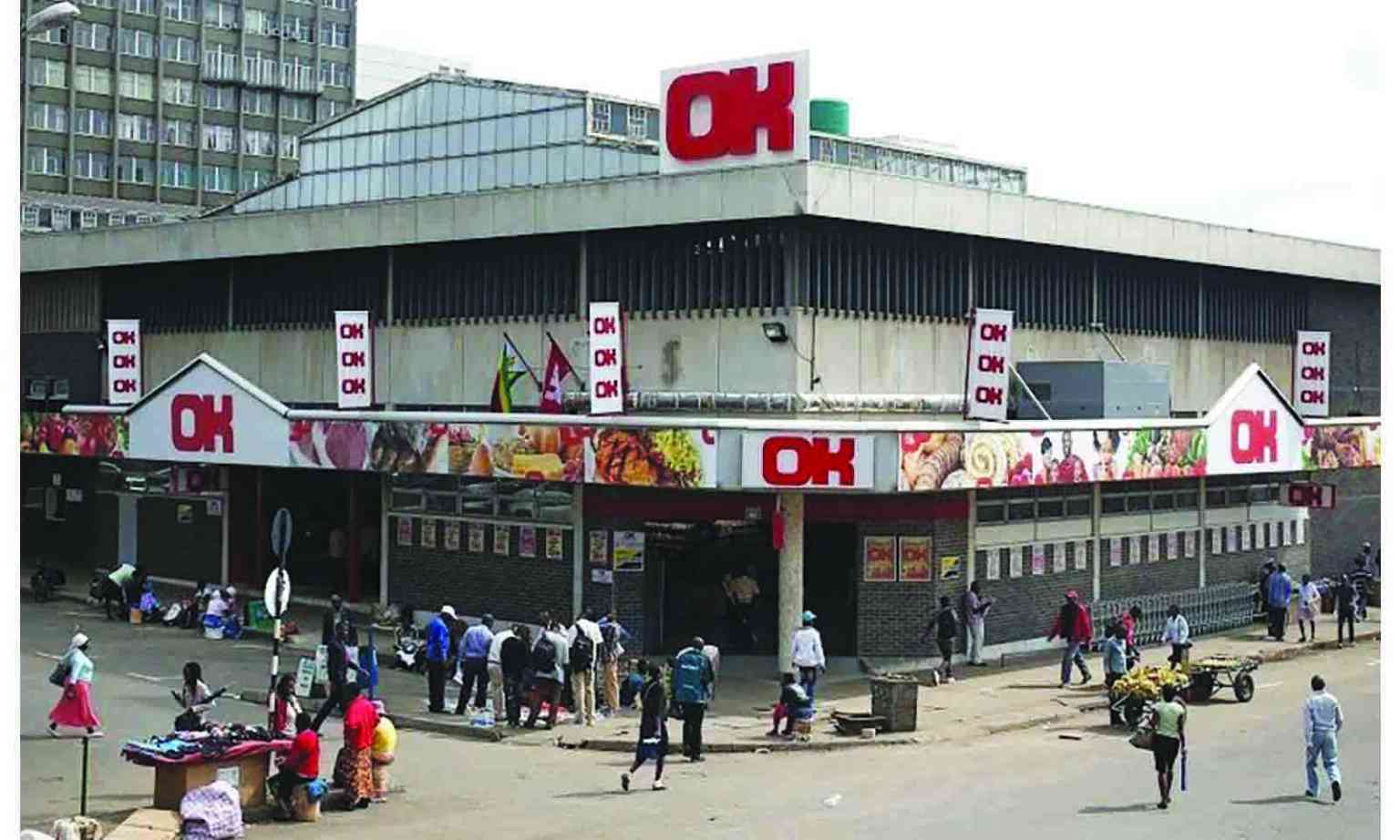
This week, a debate on X highlighted the significant taxes imposed by the Zimbabwean government on flights.
For example, a short flight from Bulawayo to Victoria Falls — a journey of less than an hour — has a base fare of US$93. However, taxes pile up an additional US$28,95, a staggering 31% increase.
The breakdown includes a passenger service charge of US$10, an aviation infrastructure development levy of US$5, and Value Added Tax of US$13,95, pushing the total one way fare to US$121,95. For a return ticket, passengers on the route pay US$243,90, with taxes alone contributing nearly US$60 to the total cost.
These figures show that taxes account for 24% of the total fare, highlighting how government-imposed charges are a primary driver of high ticket prices in Zimbabwe. Such excessive levies risk discouraging travel and tourism — sectors vital for economic recovery.
Compared to regional benchmarks, Zimbabwe’s taxation policy appears particularly punitive. It is a major hurdle to tourism growth. Data shows the average cost for an international departure across African airports is just US$64 — a stark contrast to the US$29 in taxes levied on a brief domestic flight in Zimbabwe.
This disparity raises serious questions about the rationale behind these charges. While taxes are essential for infrastructure development, their current scale seems disproportionate, especially for domestic routes. Other African nations, such as South Africa and Kenya, maintain competitive airfare structures by balancing taxation with incentives to boost passenger volumes.
In Zimbabwe, however, the high cost of domestic flights has led to dwindling demand, with airlines struggling to fill seats. This not only harms the aviation industry but also stifles broader economic growth by limiting mobility and tourism revenue.
Moreover, the cumulative effect of these taxes places an undue burden on ordinary travellers and businesses. Frequent flyers, tour operators, and local entrepreneurs are disproportionately affected, as high airfares erode profit margins and deter investment.
- Zim fails US fiscal test
- Medical aid societies defend service charges
- Mystery buyer of diamonds outed
- Is the juice worth the squeeze?
Keep Reading
In a country striving to revive its tourism sector, such policies are counterproductive. Victoria Falls, one of Zimbabwe’s premier tourist destinations, should benefit from affordable air connectivity to attract both domestic and international visitors. Instead, prohibitive fares may drive tourists to alternative routes or neighbouring countries with more reasonable pricing.
It is our hope that the government, through the relevant authorities, will urgently review these taxes. A reduction or restructuring of these levies could stimulate demand, increase passenger volumes, and ultimately generate higher revenue through growth rather than excessive taxation.
Affordable airfares are not just a convenience — they are an economic necessity. As things stand, the high cost of domestic flights is unsustainable, and without reform, the aviation sector’s struggles will only deepen.
We, therefore, believe by adopting a more pragmatic approach, Zimbabwe can foster a thriving aviation sector, boost tourism, and unlock broader economic benefits.











